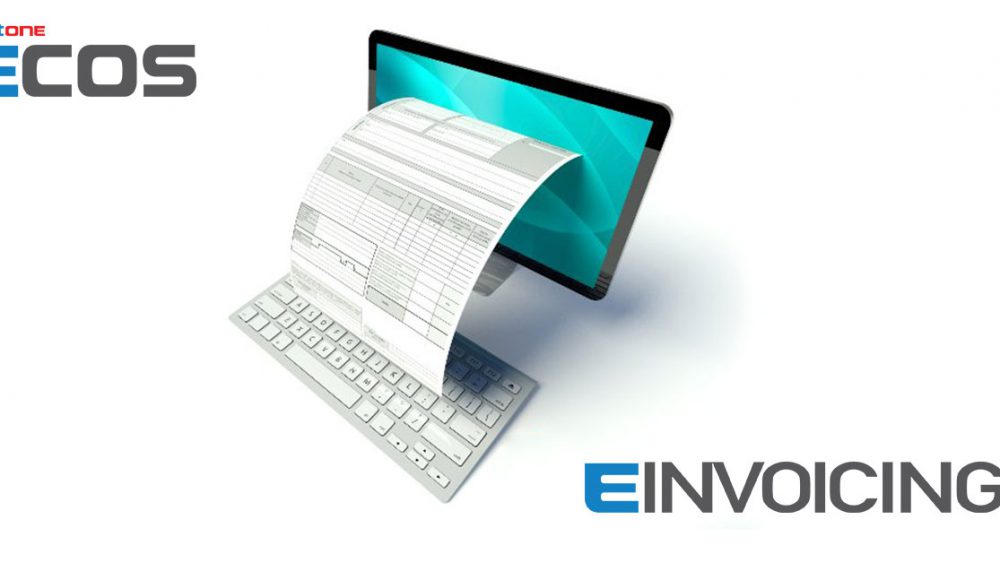The legal differentiation between printed and electronic invoices has long been abolished. But although e-invoices are not compulsory, they are clearly superior in terms of benefits compared with the traditional method used for printed invoices, as described below.
Speed
E-invoices are, undoubtedly, faster to issue than printed invoices. Invoices come in by email (provider’s email or yours) directly to a company’s accounting software. E-invoicing allows you to distribute multiple invoices in fractions of the time you would need to create and send a traditional invoice.
And as long as both parties use the same software, almost no manual intervention is required. This means that you will not be required to copy data and numbers; thus you will save time and have the freedom to focus on what really matters: growth and innovation.
Savings
Digital operations are cost-efficient by definition, and this does not just refer to the cost for stamps, envelopes and paper. There are also other, indirect costs to be considered: the time and money you lose, while your employees are copying invoice details, searching for documents and matching them, validating invoices and archiving them. And if the volume of your transactions is big, then the time between sending and receiving an invoice is of great importance.
Security
It goes without saying that e-invoicing is more reliable than traditional invoicing in printed format. The probability of errors is far lower, if not zero. Most such programs automatically check the accompanying documents, such as order forms and delivery notices, offering an extra guarantee of consistency. And given that you no longer need to re-enter all invoice details in the various systems, you get peace of mind knowing that there is no room for typos and other errors to happen ever again.
Eco-friendly solution
A last, but equally important, benefit is that electronic invoices are certainly eco-friendlier that the printed ones. It is a common practice in larger businesses to store 5 to 6 copies of each invoice, archived in different departments. Now, imagine the savings on paper and the number of trees that are spared. Not to mention the pollutants emitted by the transportation means used for the printed documents to reach their destination.



Comments are closed.